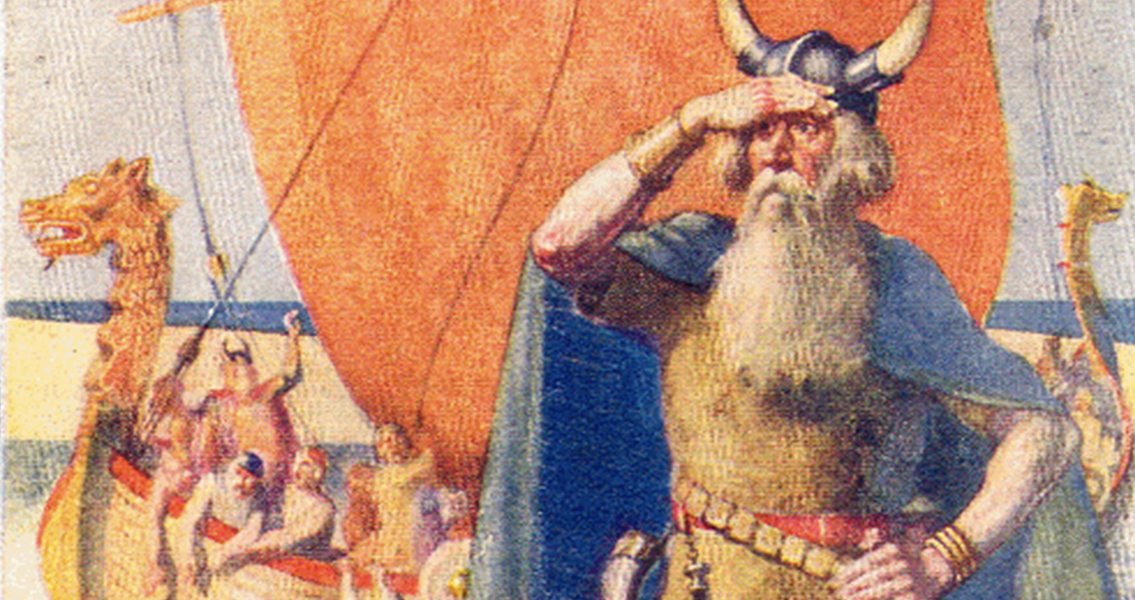<![CDATA[Researchers at the University of Oslo in Norway have discovered mitochondrial information that may contradict traditional views about Vikings. Namely, that Viking settlements were made strictly by males, and involved mostly raping and pillaging. Professor Hagelberg at the University stated, "It is true that the Vikings are thought to have taken local women [from the places they landed], but the DNA evidence in this study [and another study] does indicate that Norse women were involved in the colonisation process." University researchers studied and extracted mitochondrial DNA from eighty Viking skeletons found in Norway. Upon analysing the maternally extracted genetic material, it was found that Norse women actually played an essential role in the Viking settlement process, especially in Britain. The study, published in the Philosophical Transactions of the Royal Society B, involved a comparison of the ancient mitochondrial DNA of Viking skeletons dating back over 1,000 years with that of people living in present day Norway and various other parts of western Europe. The study showed profound findings. The maternal Norse lineage spread to countries such as the British Isles and Iceland, and the DNA still exists today. That being said, it is possible that people living in any of these countries in the present could have female Viking blood in them. 'Unn the Deep Minded' was supposedly a famous Viking woman, although her existence has long been disputed amongst historians, as women were not commonly appointed as Vikings 1,000 years ago. According to the Viking Society, Unn the Deep Minded was thought to be the first great matriarch of Viking nobility in Iceland. The story of Unn is associated with the founding of both Iceland and Greenland. Women in history such as Unn the Deep Minded are often thought of as myth. Findings like those of the University of Oslo are helping to prove there may have been some truth to these stories, and confirm that women such as Unn really could have played a key role in the history of the Vikings. Jan Bill, a Viking expert at the University of Oslo says, "Both males and females took part in the colonisation of the North Atlantic". So, while the Vikings may not have been the most polite people, their significance in Northern Atlantic history cannot be underestimated. With this newly found information about the proof of female Vikings, the significance of the maternal mitochondrial DNA is even more compelling as it adds a fresh and feminine yet powerful element to the history of Scandinavians.]]>
DNA Retrieved From Viking Skeletons in Norway Suggest Women Were Vikings, Too
